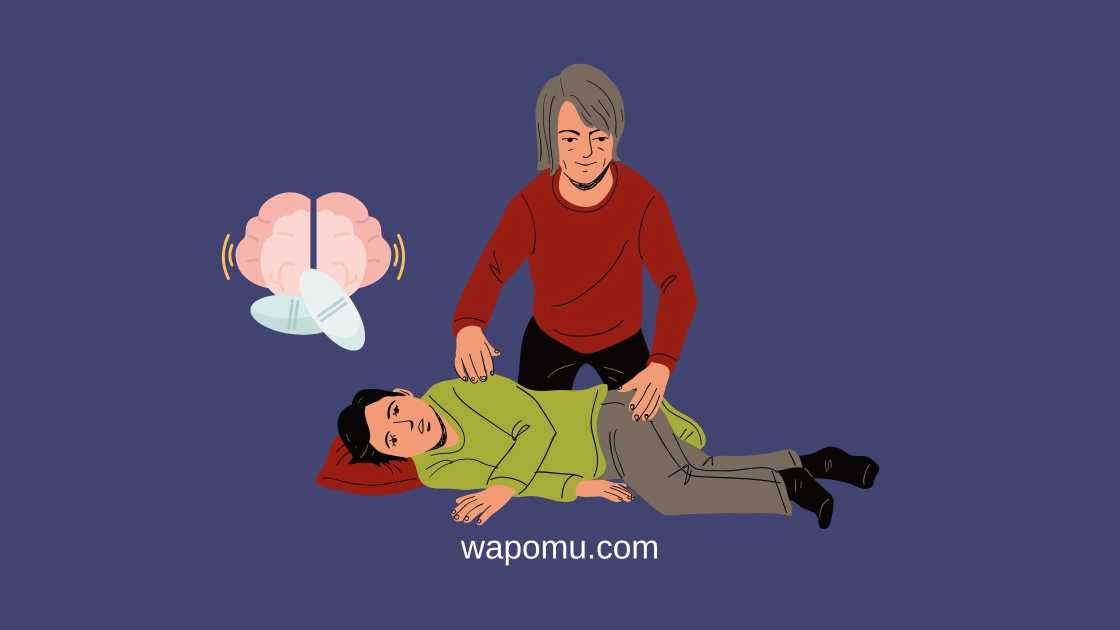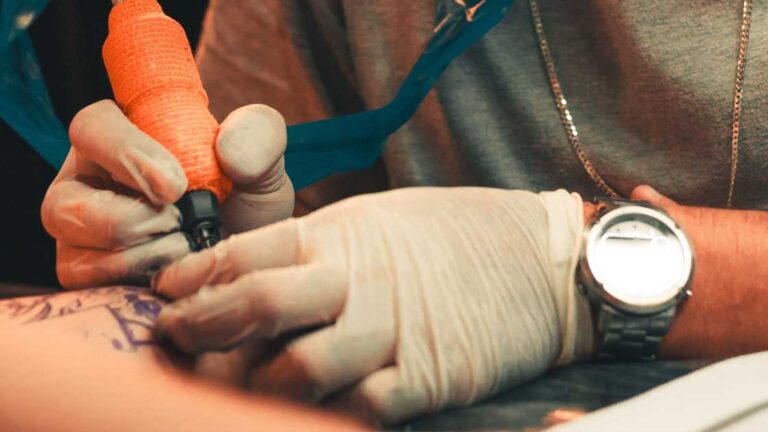Did you just have a seizure and wondered if it was caused by your diabetes?
In addition to being frightening for the individual having the seizure, having one can be frightening for those around them as well. Seizures can be highly serious. Despite the fact that there are numerous factors that might trigger seizures, epilepsy is one of the most common causes of seizures.
Diabetic seizures are one of the many types of seizures that can occasionally swiftly escalate to an emergency. A diabetic seizure, which has been shown to be lethal in nature, is a hazardous medical illness brought on by dangerously low blood sugar levels.
Can diabetes cause seizures? Stick around to the end to find out more about this.
Seizure
A seizure is an uncontrolled electrical disruption in the brain that occurs suddenly. It can alter your behavior, emotions, or sensations, as well as your level of consciousness. Epilepsy is generally defined as two or more seizures that occur at least 24 hours apart and are not caused by an identifiable cause.
Epilepsy is a type of seizure illness caused by an electrical storm in the brain. People who have recurring or repetitive seizures may experience loss of consciousness, aberrant behavior, sensory disruption, or all of the above.
Symptoms of seizures
When a person is in the early stages of a seizure, they may exhibit some of the following symptoms:
- Muscle aches and pains
- Anxiety
- Vision changes
- Inability to talk clearly
- Sweating
- Confusion
- Drowsiness
- Emotional shifts that are sudden and unexpected
Can diabetes cause seizures?
Yes, diabetes can cause seizures. Seizures caused by diabetes are known as diabetic seizures. It could happen if too much insulin is injected if the diabetic does not eat right after taking insulin, or even if the diabetic does not eat straight after an insulin shot. A diabetic seizure can develop for a variety of reasons. Too much alcohol can also induce a dip in blood sugar, which can lead to seizures.
What is a diabetic seizure?
A diabetic seizure is a dangerous medical disease that can be fatal if not treated immediately. These seizures are caused by extremely low amounts of sugar in the diabetic’s blood. A diabetic seizure happens when blood sugar levels are exceedingly low (less than 30 mg/dL). To function effectively, the brain needs glucose. When blood sugar levels fall, the activity of neurons in the brain slows down, and the person has a seizure.
Seizures in the brain can also be caused by excessive blood sugar levels. Extremely high blood sugar levels in the brain can trigger neuron hyperexcitability, resulting in a brain short circuit and seizures. While this is extremely rare, it is also quite deadly.
That is why it is critical for diabetics to monitor and control their blood sugar levels.
Causes of diabetic seizures?
A diabetic seizure can develop for a variety of reasons. It can happen as a result of injecting too much insulin, not eating regularly, or even not eating straight after an insulin shot. Too much alcohol can also induce a dip in blood sugar, which can lead to seizures.
The following are common causes of a reduction in blood sugar levels, which can lead to a seizure:
- Excessive alcohol consumption reduces hepatic glucose production.
- Strenuous exercise
- Not consuming the proper foods
- Insulin reaction or insulin shock
Symptoms of diabetic seizures
A diabetic seizure occurs when blood sugar levels are low, and the individual may suffer the following symptoms:
- Uncontrollable movements of the body
- Unconsciousness
- Looking into the distance
If a diabetic seizure occurs during the night, a person may awaken with the following symptoms:
- Confusion
- Sweating and
- Awful headache
How to prevent diabetic seizures?
Below are some tips you can try to prevent diabetic seizures.
- Monitor your blood sugar levels on a regular basis and eat when you see a decline.
- Do not skip meals or take long stretches between them. A consistent dietary intake is required to keep sugar levels stable.
- Take your prescriptions on schedule and inject the appropriate dose of insulin.
- If you want to drink alcohol, make sure you eat something with it. Furthermore, try to minimize your usage as much as possible.
- Exercising is beneficial to your blood sugar levels. Excessive activity, on the other hand, can cause a dip in blood sugar levels. Carry food with you at all times, and check your blood sugar levels before going to bed.
- Another option to avert emergencies is to wear an emergency bracelet or a card that others can see, causing them to become aware of the situation and provide assistance.
Treatment for diabetic seizures
When a diabetic seizure occurs, one of the most important things to do is to provide immediate treatment. However, two aspects must be considered during the process:
- Avoid any type of injury.
- Get enough glucose into your body.
When the seizure does not occur but you observe the symptoms, it is advisable to manage by delivering at least 15 grams of rapid glucose and rechecking the blood in the next 10 minutes. You can supply:
- Juices
- Snacks like crackers or bars
- Glucose pills
If the person’s sugar levels are rapidly dropping, you can perform the following actions:
- Maintain your presence with them until appropriate assistance arrives.
- Give them nothing to eat until they are properly awake.
- Adjust the clothing around the neck and waist.
- Examine for any injuries.
- Seek medical attention.
- One of the simplest methods to manage diabetic seizures is to prevent them from occurring in the first place. This can be accomplished through regular blood sugar monitoring. Furthermore, a diabetic must always have glucose tablets or another supply of sugar on hand.
- If you or someone close to you experiences the symptoms, merely supplying the source can return the sugar levels to normal.
- Assist the person to the floor and leave ample room around the person.
- Keep account of details like how long the seizure lasted, how the person was acting before, and how the body moved.
The takeaway from this article
Diabetes can cause seizures, especially in cases of severe low blood sugar levels. Also, excessively high sugar levels can also cause seizures in diabetics.
If you have diabetes and recently had a seizure, talk to your doctor about the likelihood of having a diabetic seizure, even if you have never had one. Your doctor can provide you with the information you need to stay healthy and correctly monitor your blood sugar levels.







Leave a Comment